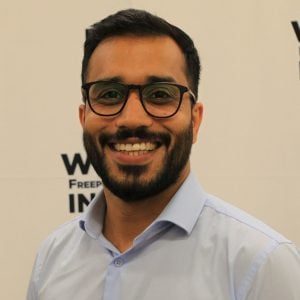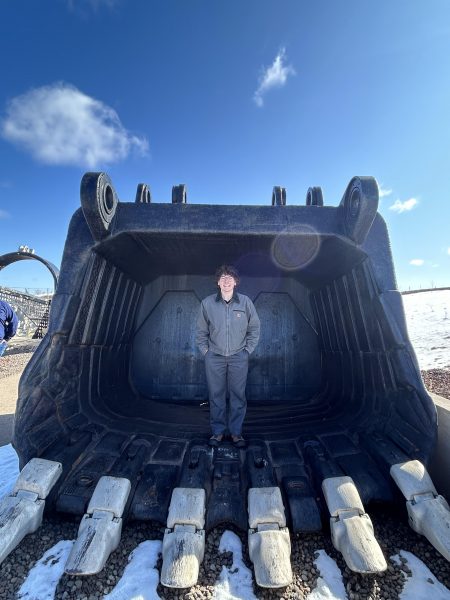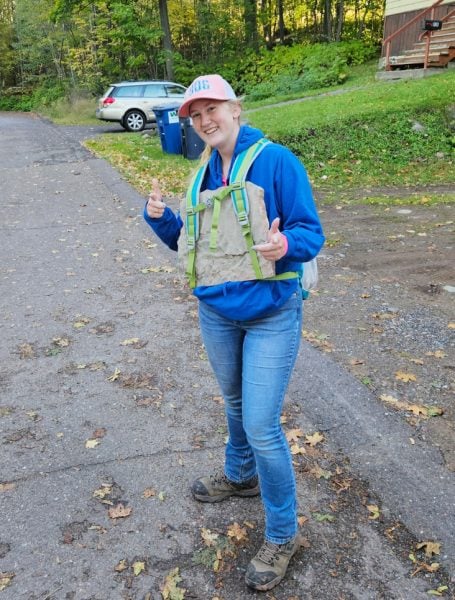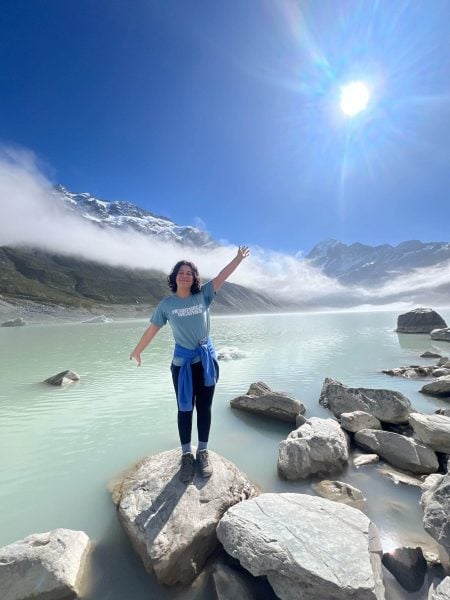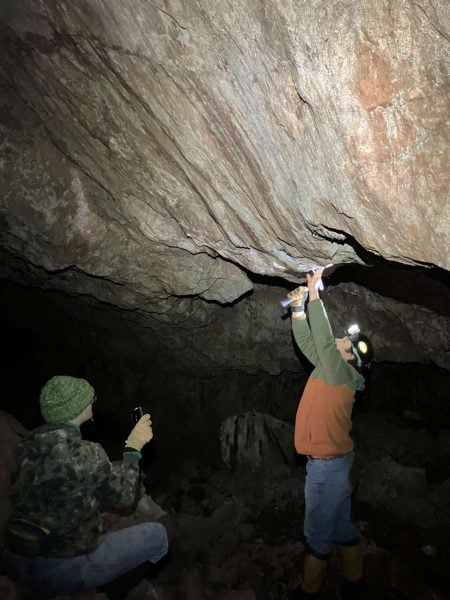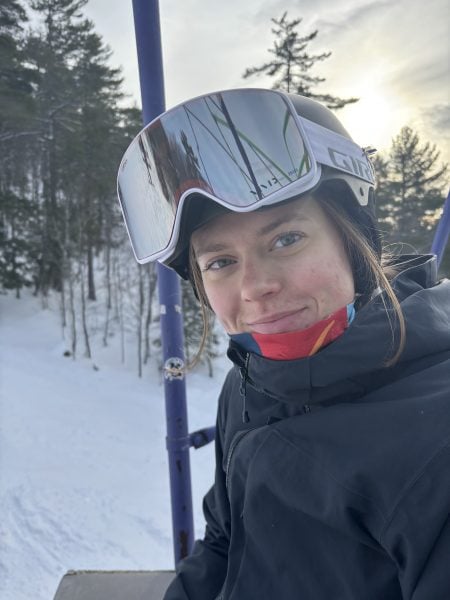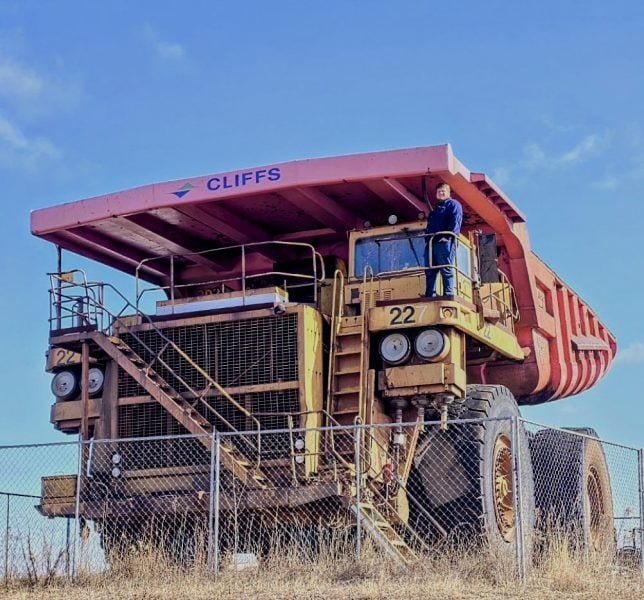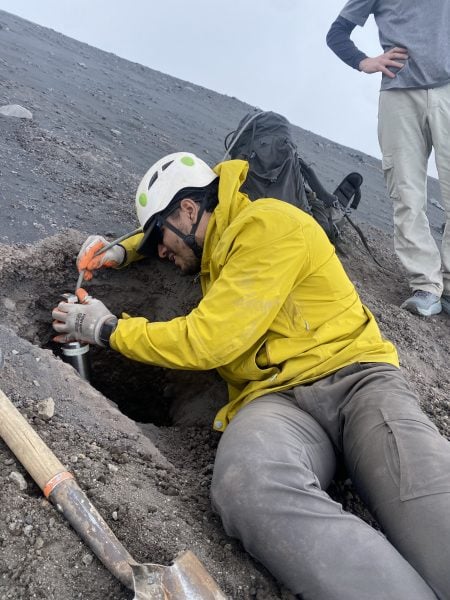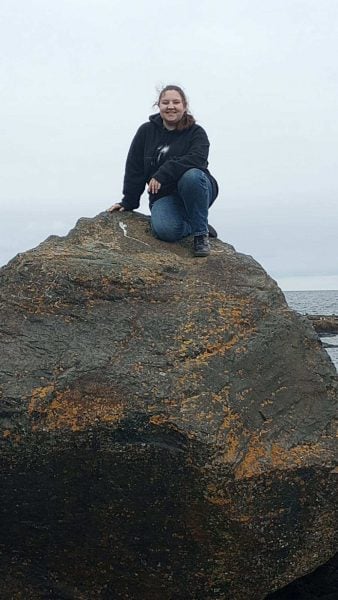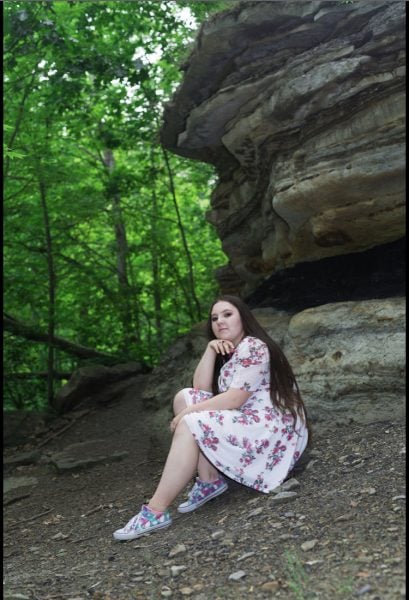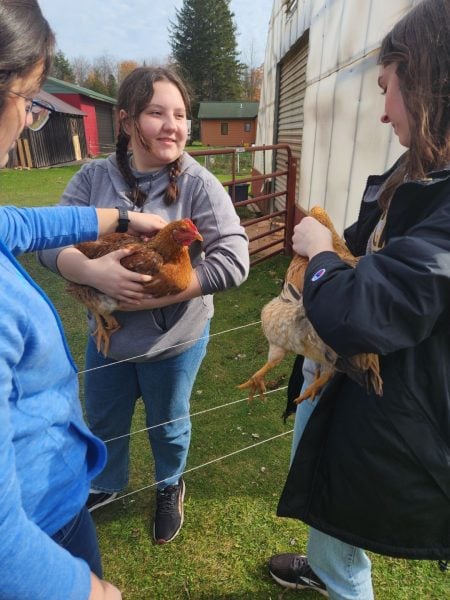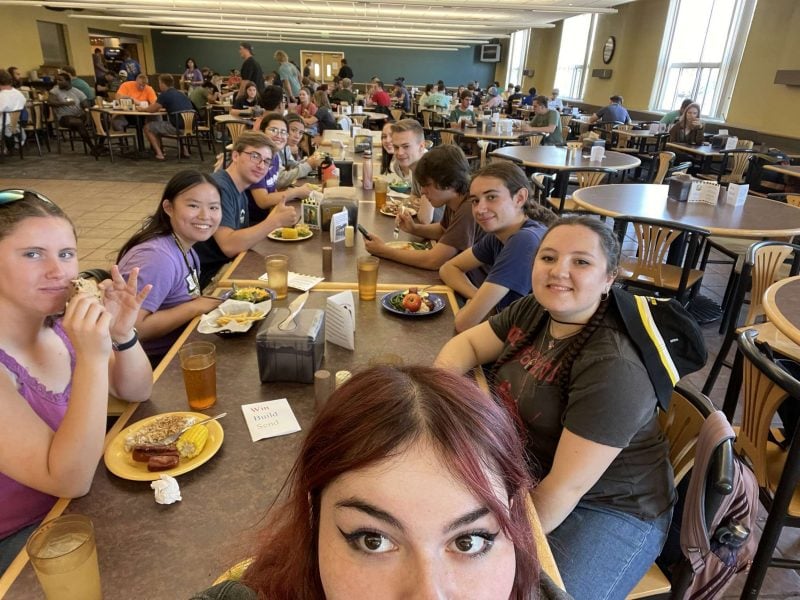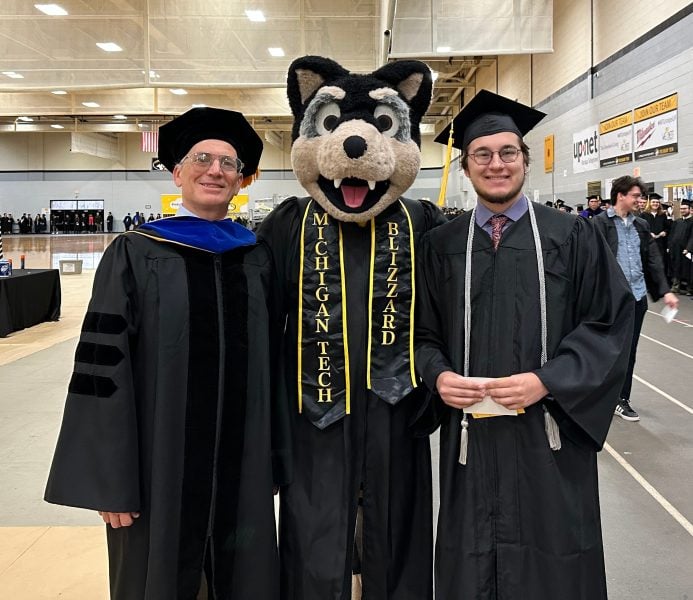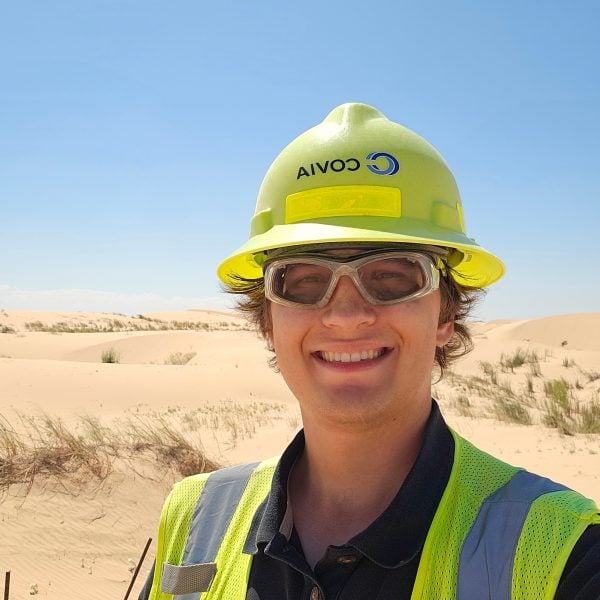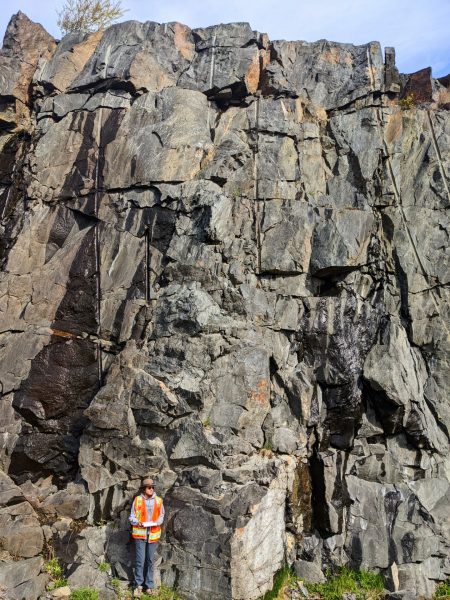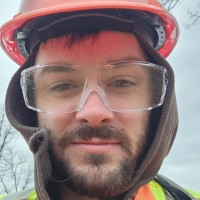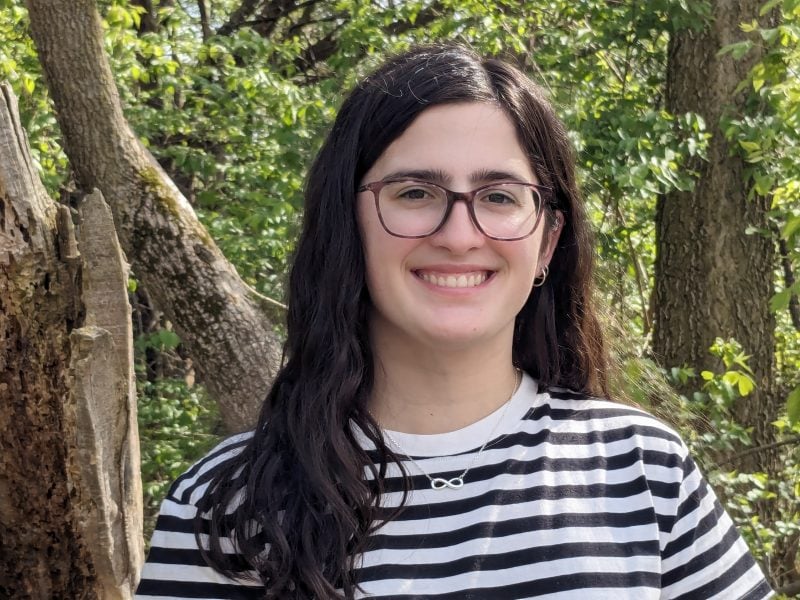Abid Danish, originally from Pakistan, is completing his Ph.D. in Mining Engineering at Michigan Technological University under the advice of Dr. Snehamoy Chatterjee. His research focuses on advancing sustainable, safe, and efficient mining practices, with an emphasis on the application of generative artificial intelligence and safety data analytics.
Since arriving at Michigan Tech, Abid has contributed to interdisciplinary research efforts and collaborated with both academic and research labs, as well as industry partners. His work has been presented at leading conferences and reflects a deep commitment to improving mine safety, environmental performance, and operational efficiency.
Abid brings a global perspective to his work and is passionate about leveraging innovative technologies to support responsible mineral development worldwide.
As of July 28, 2025, it’s Dr. Abid Danish. He completed his final defense under the supervision of Dr. Snehamoy Chatterjee, with Dr. Luke Bowman, Dr. Mohammadhossein Sadeghiamirshahidi, and Dr. Sidike Paheding (University of Fairfield) serving as committee members. His title and abstract for the final Ph.D. research defense are as follows.
Title: A Domain-Adapted Natural Language Processing Framework for Mining Safety Analytics: From Latent Pattern Discovery to Automated Information Extraction
Abstract: Occupational safety remains a critical global concern, particularly in high-risk sectors such as mining, where analysis of historical accident data is essential for identifying hazards and guiding preventive measures. While structured data has traditionally supported retrospective safety analytics, the rich contextual information embedded in unstructured accident narratives remains largely underutilized in current safety management practice for proactive risk assessment and targeted safety intervention. This dissertation addresses this gap by presenting a comprehensive natural language processing (NLP) framework that addresses fundamental challenges through an integrated approach combining semantic text analysis, domain-adaptive language modeling, and automated safety information extraction for mining safety analytics. Traditional NLP techniques face significant limitations in capturing nuanced semantic relationships within unstructured text and in effectively integrating structured metadata. To address these, the framework introduces a clustering-based semantic analysis framework that combines transformer-based sentence embeddings, nonlinear dimensionality reduction, and k-means clustering. By incorporating structured metadata into the embedding process, this unsupervised approach reveals latent accident patterns not captured by conventional techniques, while highlighting the contextual limitations of general-purpose language models in understanding domain-specific safety language. To address these limitations, the study employs Domain-Adaptive Pretraining (DAPT) of Bidirectional Encoder Representations from Transformers (BERT) and parameter-efficient architecture, A Lite BERT (ALBERT), on a multi-source safety corpus spanning mining, construction, transportation, and chemical processing sectors. The resulting models, SafetyBERT and SafetyALBERT, demonstrate substantial improvements in both intrinsic and extrinsic evaluations, outperforming general-domain and larger models, including Llama 3.1-8B, across multiple safety-specific classification tasks. Leveraging these models, the framework is extended to an extractive question-answering (QA) system that utilizes SafetyBERT to automatically extract critical safety information, such as incident causes, work activities, and injury types, from unstructured narratives. To reduce annotation costs, an integrated hybrid active learning (AL) strategy is proposed. The AL “cold-start” problem is mitigated through a strategic seed selection process using unsupervised, embedding-based clustering, followed by a hybrid querying mechanism that combines uncertainty-based and confidence-based sampling for iterative model refinement, achieving robust performance on the extractive QA task. Altogether, this dissertation contributes to a robust NLP framework that advances occupational safety analytics in the mining domain. The integrated approach, which combines unsupervised pattern discovery, domain-adaptive language modeling, and automated extraction of safety-critical information, enables proactive hazard management and targeted safety interventions.
